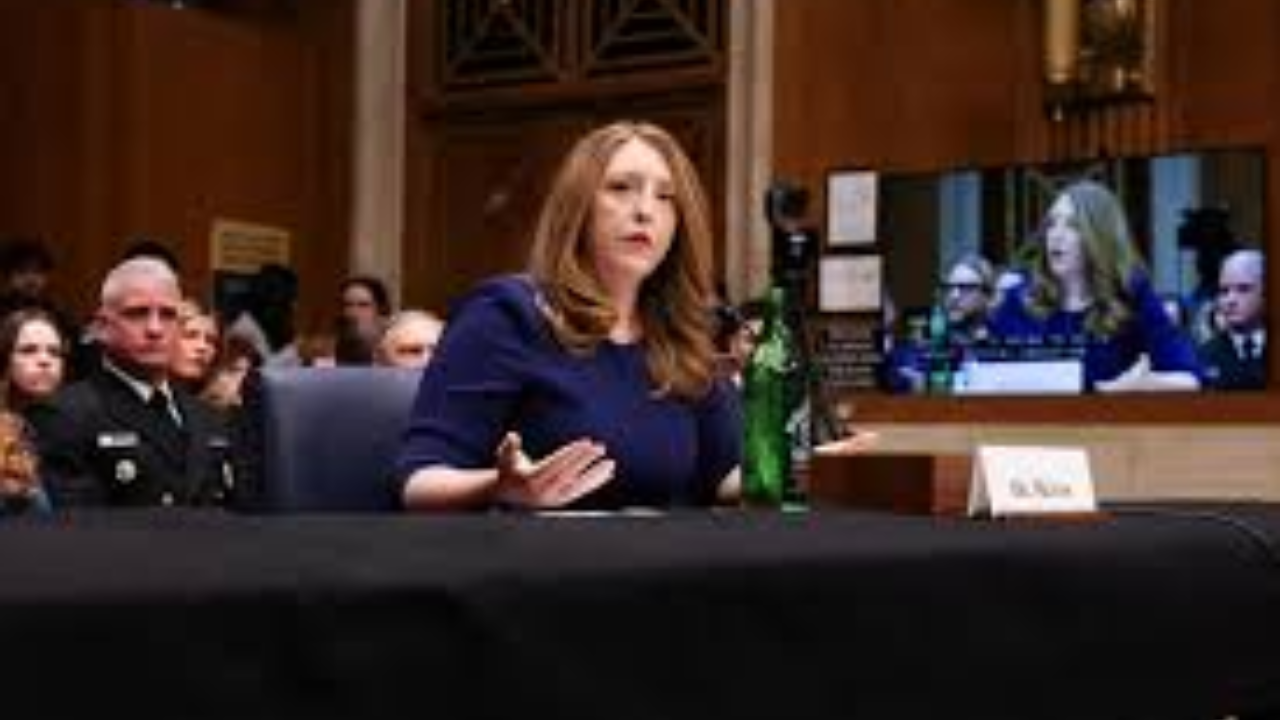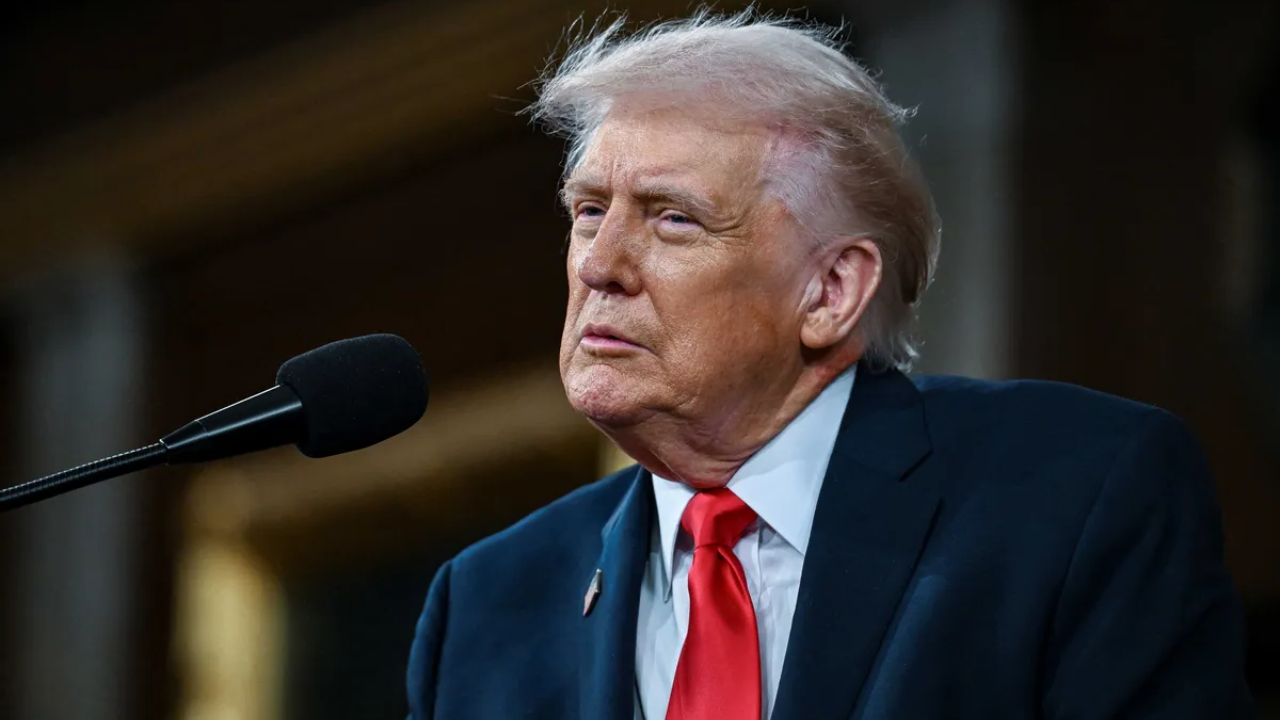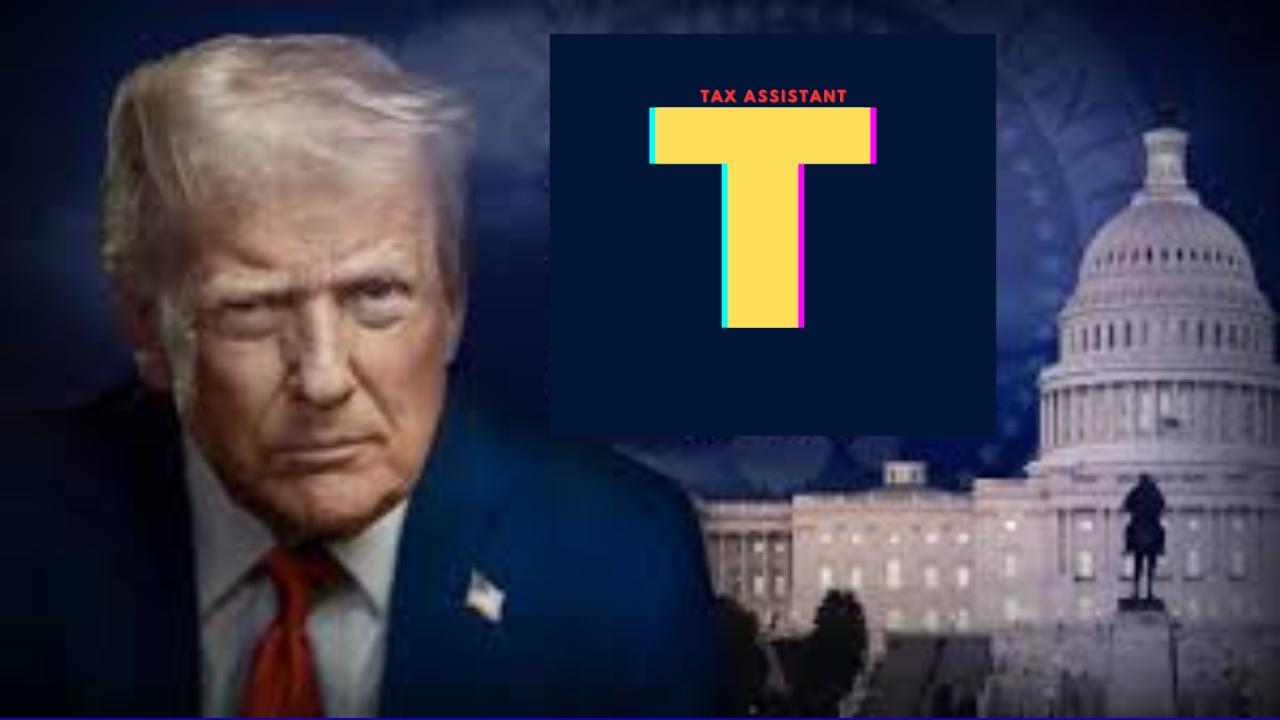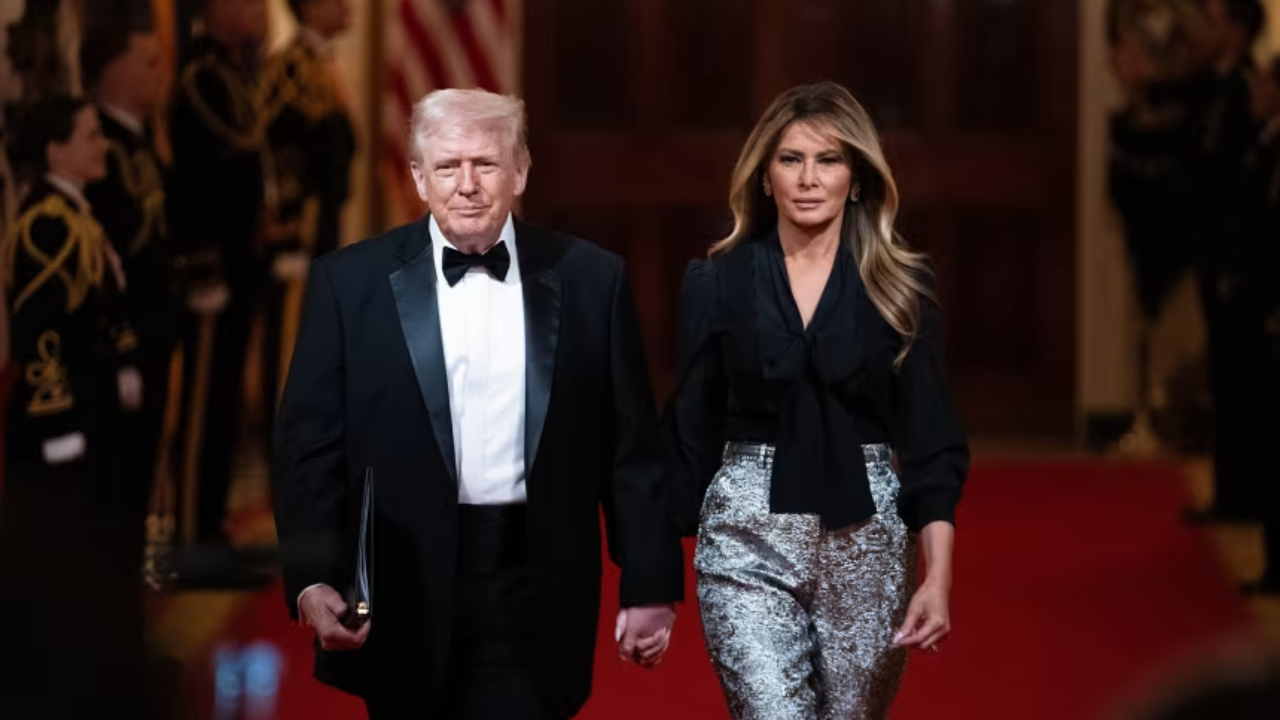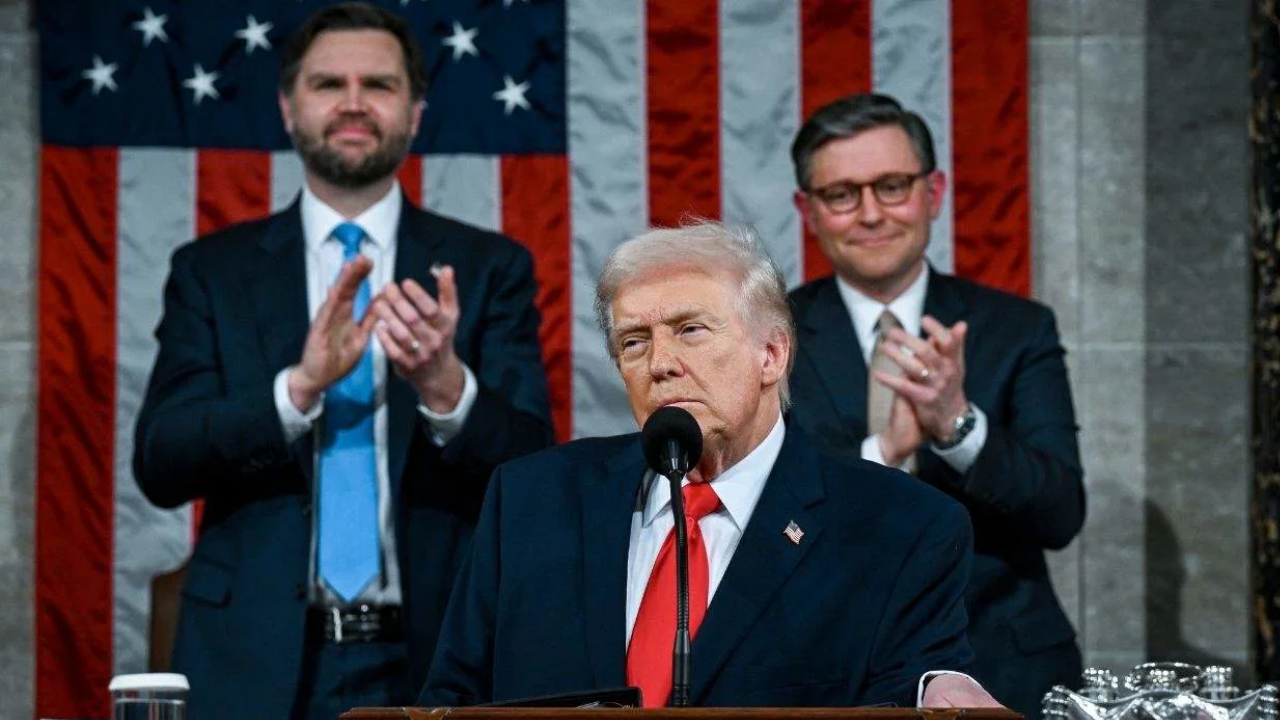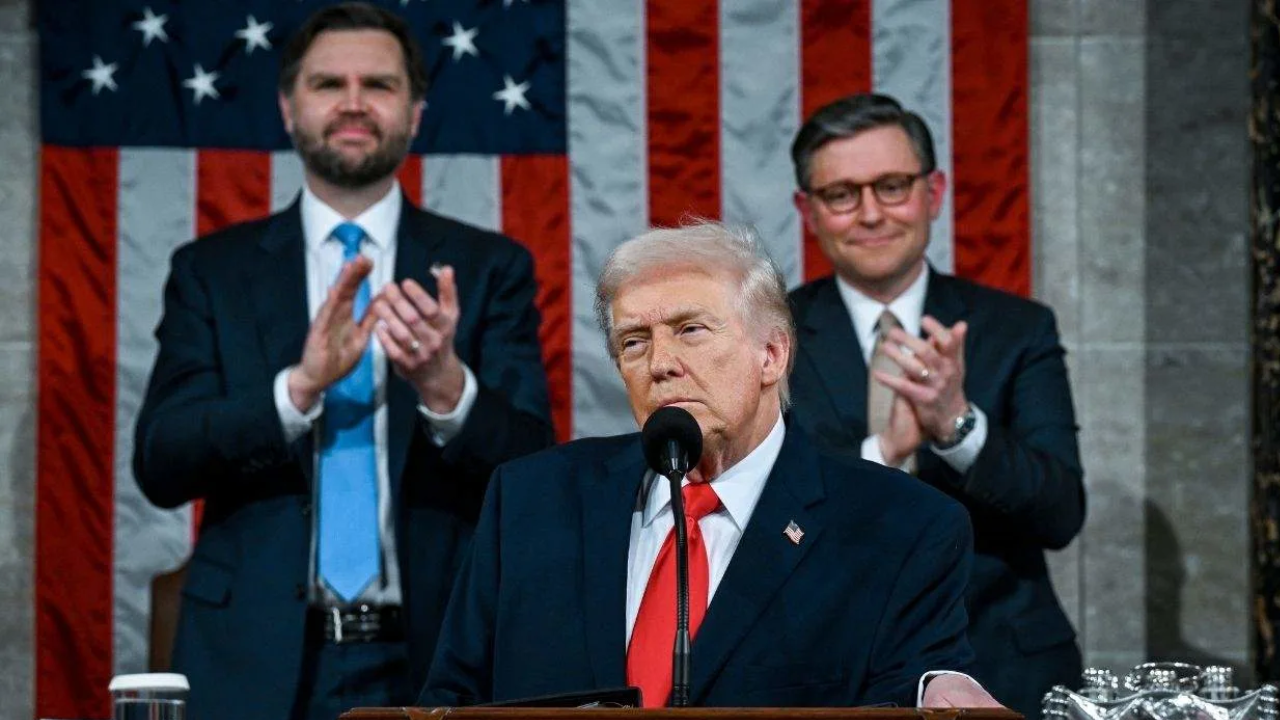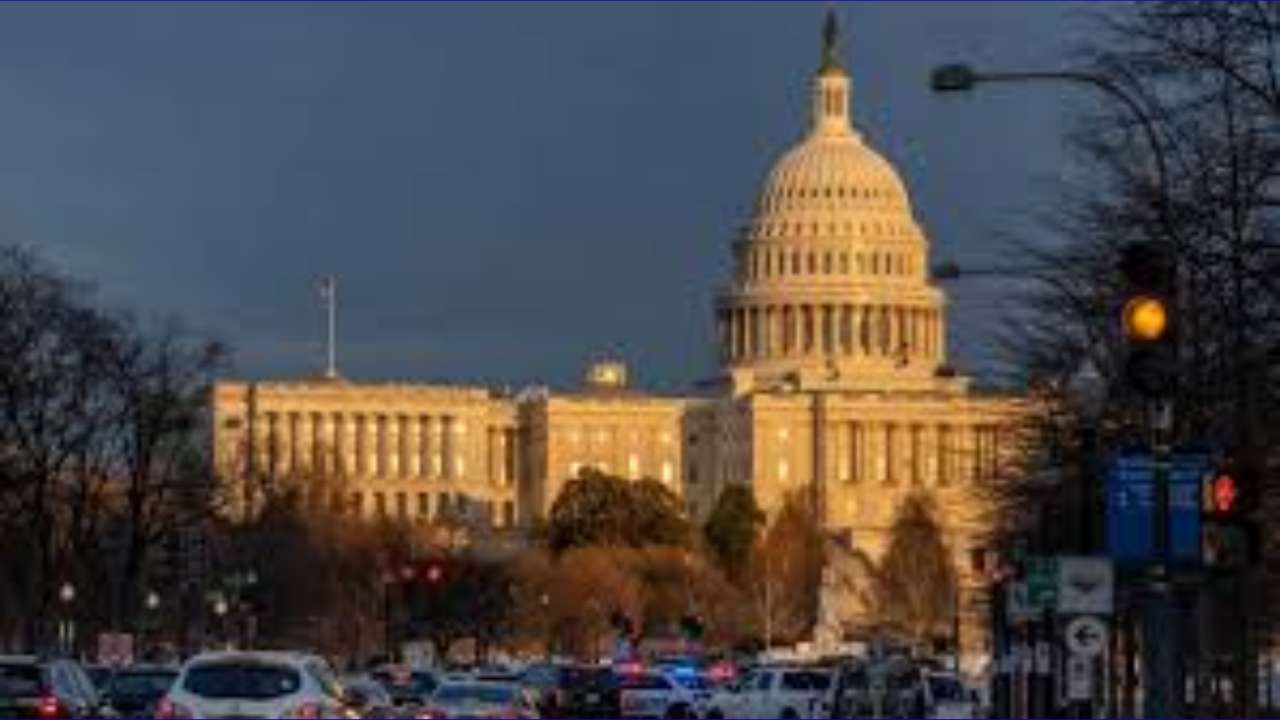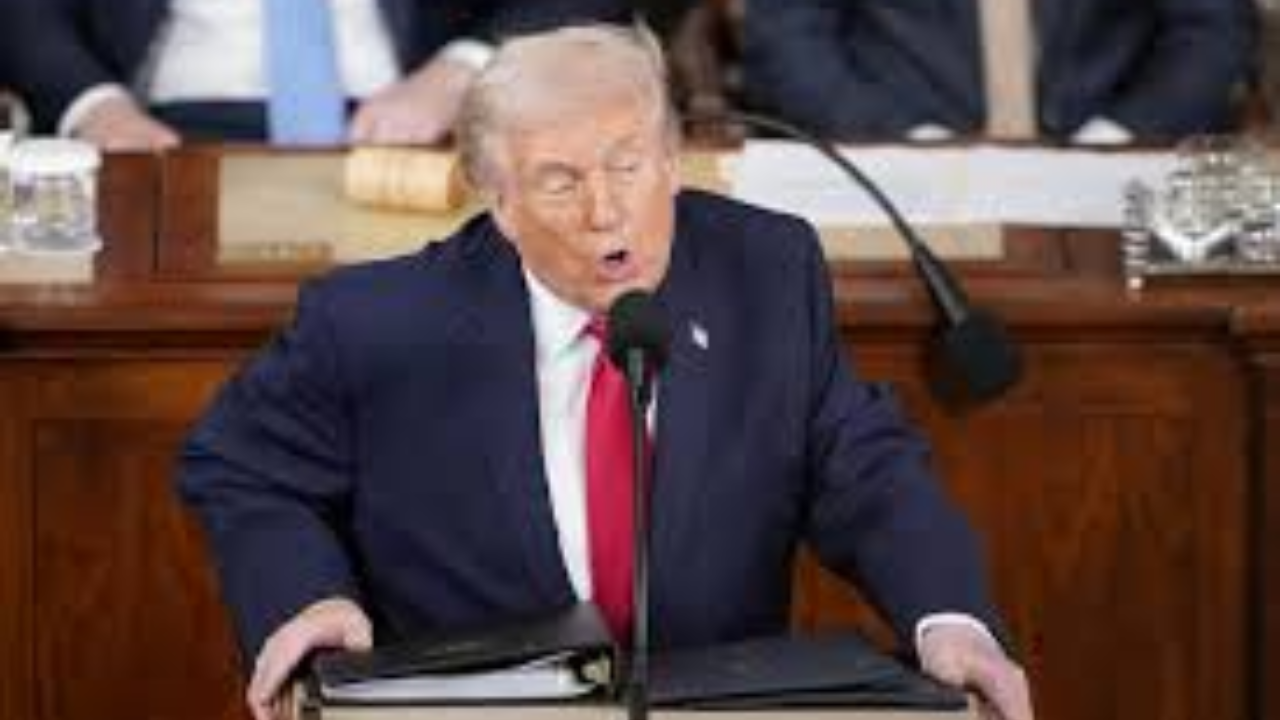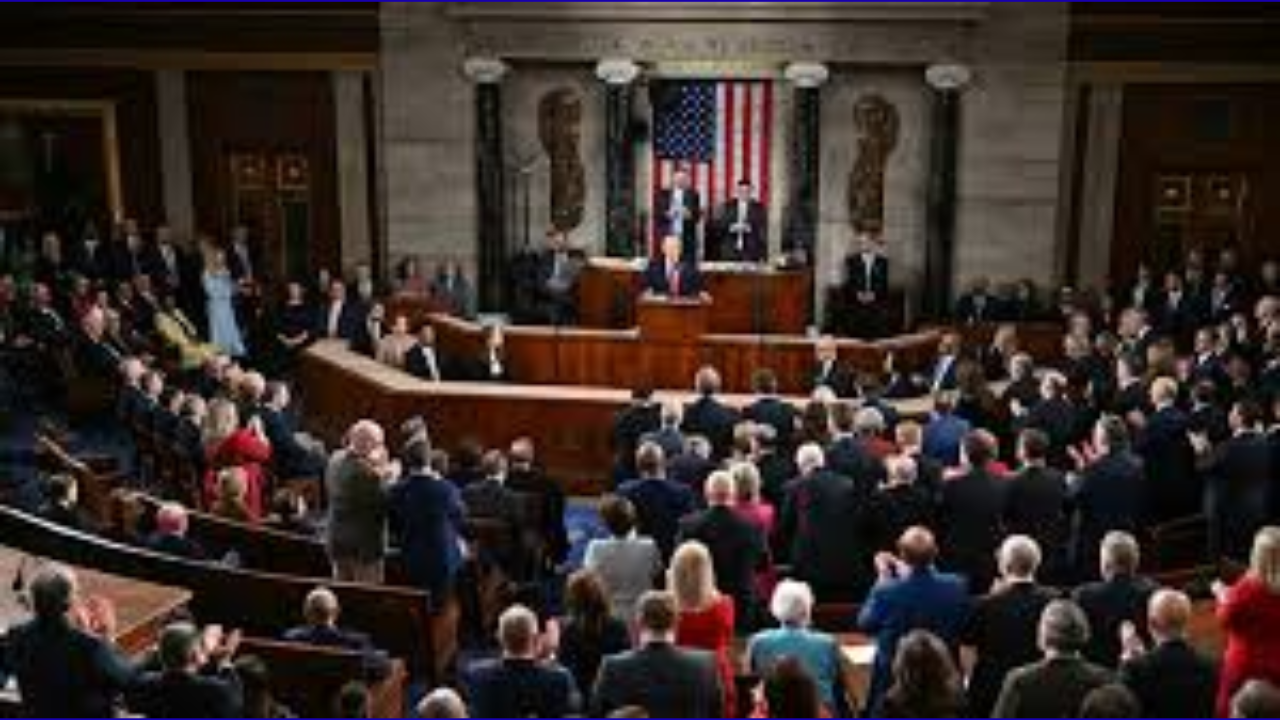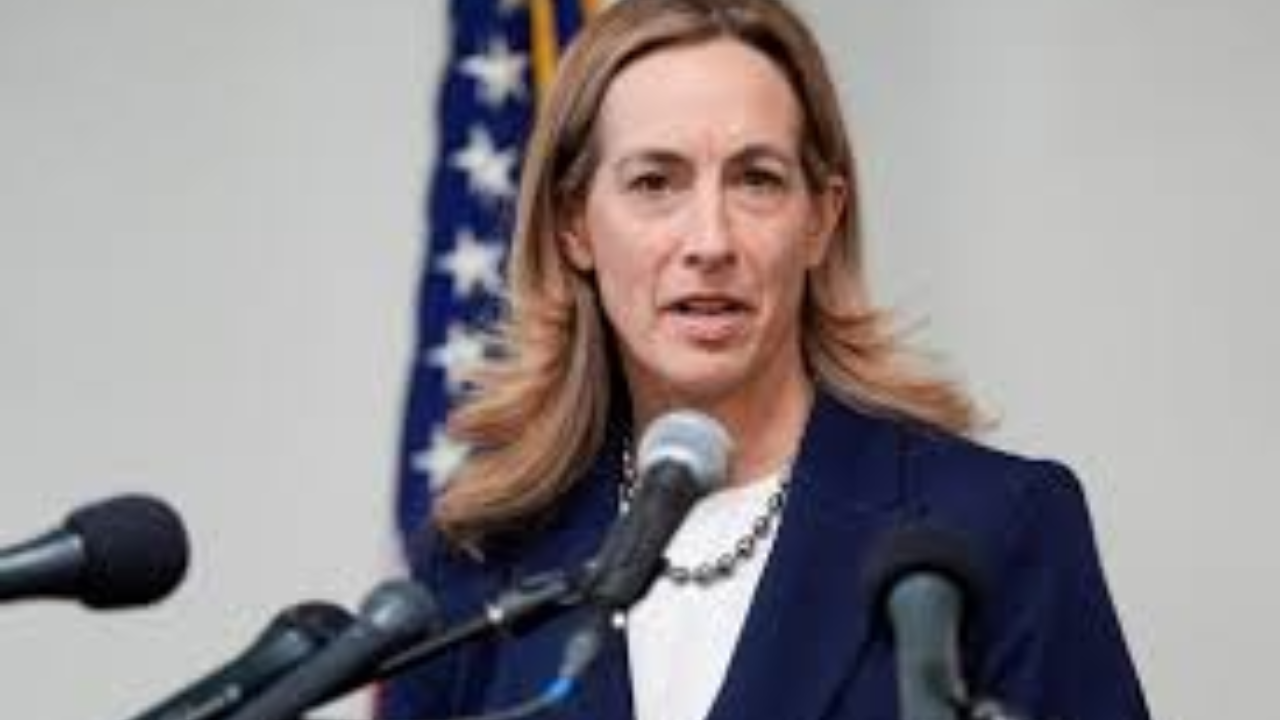Trump Reinstates Travel Bans on 19 Countries, Citing Security Risks
Thank you for reading this post, don't forget to subscribe!US President Donald Trump signed a new executive order on Wednesday, June 4, 2025, reimposing travel bans and restrictions on citizens from 19 countries, a move that revives a controversial policy from his first term. The order is set to take effect on Monday, June 9, 2025, at 12:01 am.
The administration cites concerns over inadequate vetting, high visa overstay rates, and terrorist threats as the basis for the renewed restrictions. In a video message, President Trump specifically pointed to a recent terror attack in Boulder, Colorado, blaming “foreign nationals who are not properly vetted” for posing “extreme dangers” to the US. He criticized what he called “Biden’s open door policies,” asserting that the US “cannot have open migration from any country where we cannot safely and reliably vet and screen those who seek to enter.”
Countries Facing Restrictions
The executive order imposes outright bans on 12 nations and places restrictions on seven others.
Full Travel Ban:
- Afghanistan
- Chad
- Equatorial Guinea
- Eritrea
- Haiti
- Iran
- Libya
- Myanmar
- Republic of the Congo
- Somalia
- Sudan
- Yemen
Travel Restrictions:
- Burundi
- Cuba
- Laos
- Sierra Leone
- Togo
- Turkmenistan
- Venezuela
President Trump noted that this list could be revised if conditions improve or new threats emerge.
Rationale and Reactions
This decision follows a January 20, 2025, executive order that directed the departments of State and Homeland Security and the Director of National Intelligence to assess national security risks from certain nations. Factors considered included terrorist presence, lack of cooperation on visa security, poor identity verification, inadequate criminal record-keeping, and high visa overstay rates.
For instance, Afghanistan was cited for lacking a competent central authority for issuing passports and for high visa overstay rates (9.70% for business/tourist visas and 29.30% for student/vocational/exchange visas in 2023). Haiti, a new addition to the ban, was flagged for lacking a central authority to share law enforcement data and for high numbers of illegal entries.
While the ban includes exceptions for Afghans holding Special Immigrant Visas (SIVs), its inclusion of Afghanistan has drawn sharp criticism. Shawn VanDiver, president of #AfghanEvac, condemned the order as “a second Muslim Ban, dressed up in bureaucracy, and rushed out in the aftermath of a tragedy to disguise its intent.” He called the inclusion of Afghanistan “a moral disgrace,” arguing it “spits in the face of our allies, our veterans, and every value we claim to uphold.”
The policy mirrors Trump’s initial January 2017 travel ban, which led to chaos at airports nationwide. However, the delayed implementation of this new order is expected to help avoid similar disruptions. President Trump affirmed his commitment to preventing “what happened in Europe” from occurring in the US, vowing, “We will not allow people to enter our country who wish to do us harm, and nothing will stop us from keeping America safe.”


